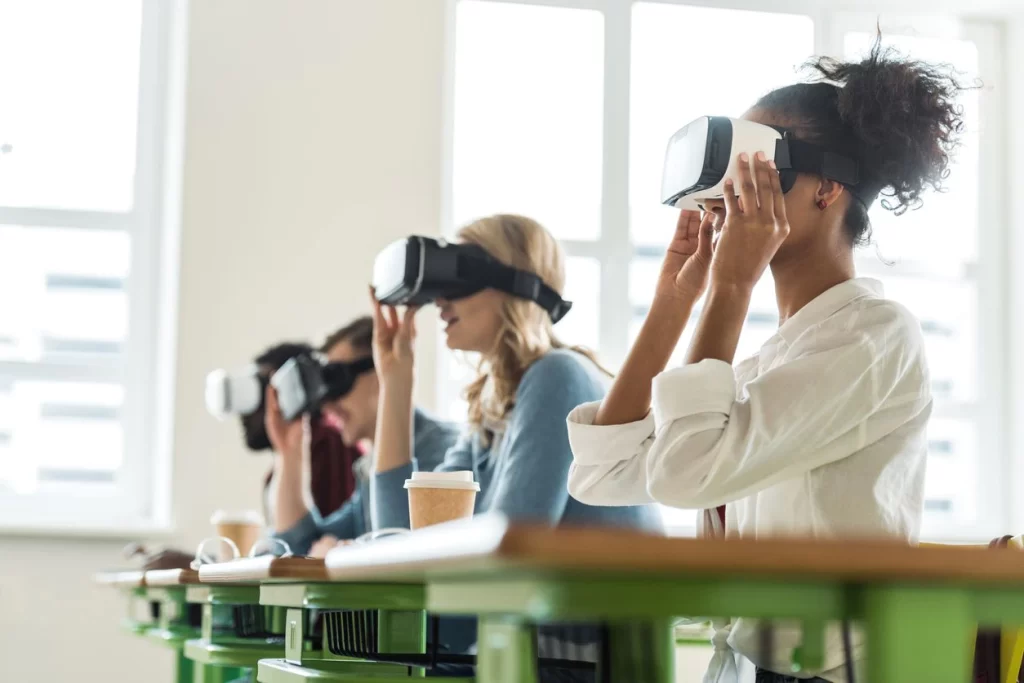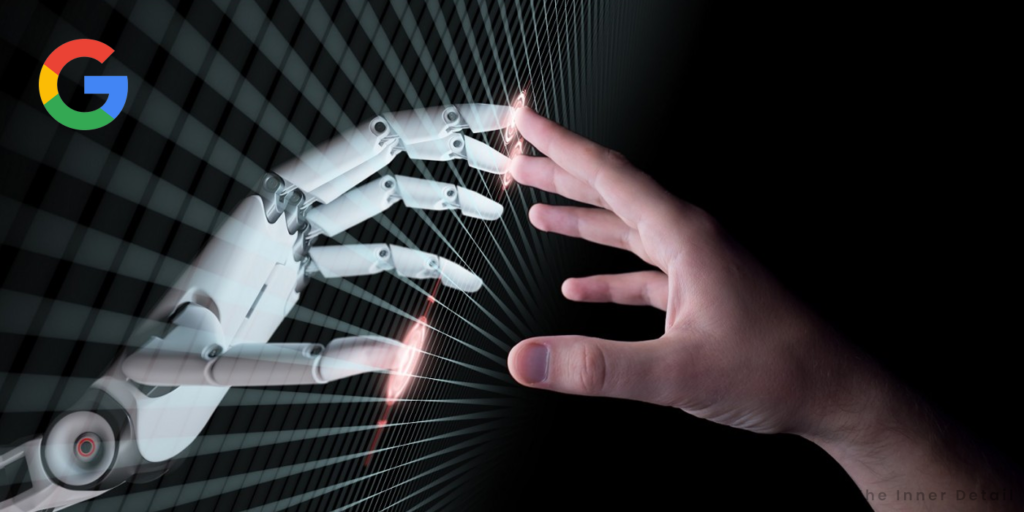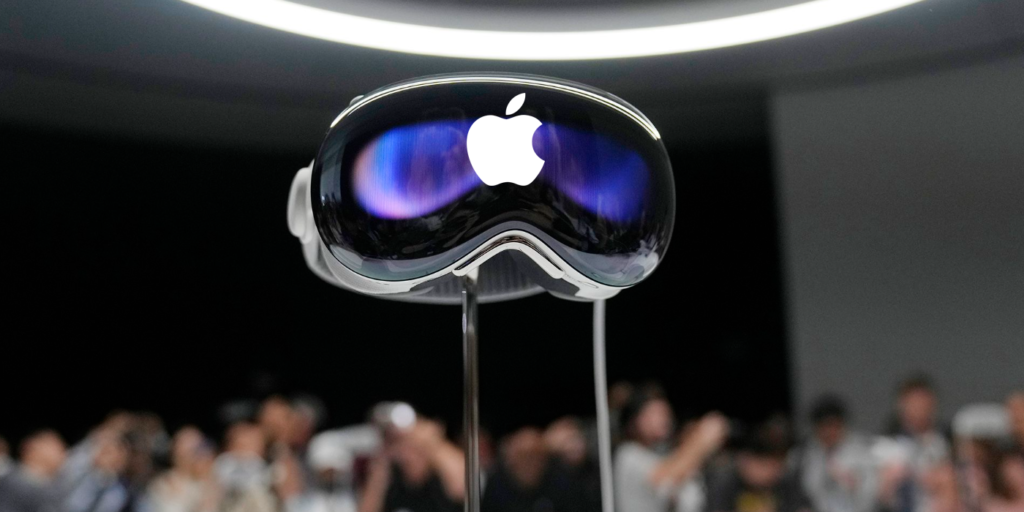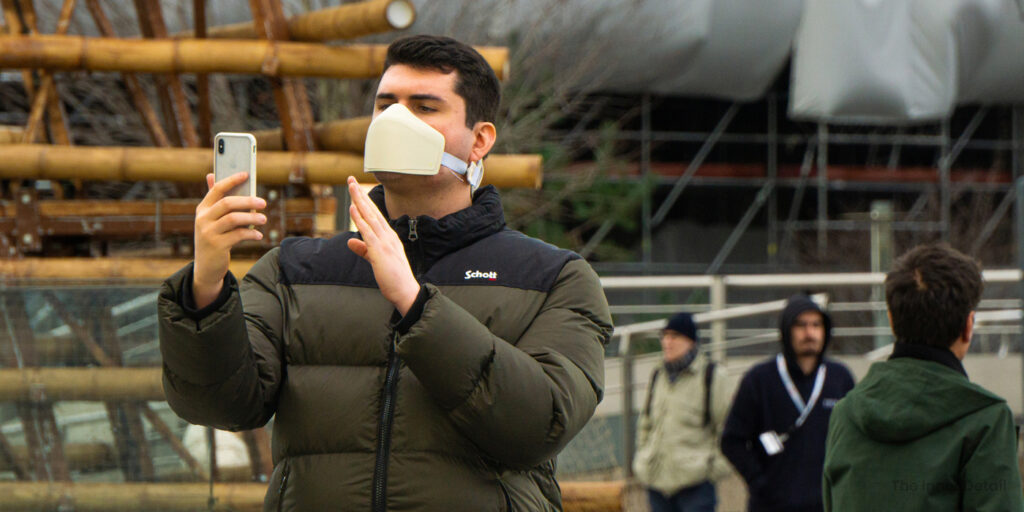The most talkable technology currently in prevalence is the advent of 5G in countries, especially in India where people are really excited to witness the ultra-speed of the bandwidth that could deliver upto 20Gbps, a 100x better to its predecessor 4G. This could get you a whole Netflix series in 1 second.
Though 5G is awaited by variety of audience or fields, the technology could be leveraged to the maximum only for business and industrial purposes, because 4G would be enough for a personal use.
Precisely, the extent of advantages that 5G technology may proffer to realms like Education, Health & administration could be incomparable.
5G Technology is expected to bring significant economic and social benefits in the coming years, proving to be the area of great interest that has been debated over the past few years. 5G across multiple sectors could potentially worth $13.1 trillion in 2035, out of which nearly 4% are directly related to the education sector.
5G in Education will be uncovering the not-ever-seen side of education, assessing students individually and providing them a widest opportunity of learning experience that ever existed.
Here are five areas where 5G would be profound seen in the education sector.
Smart interactive Classes
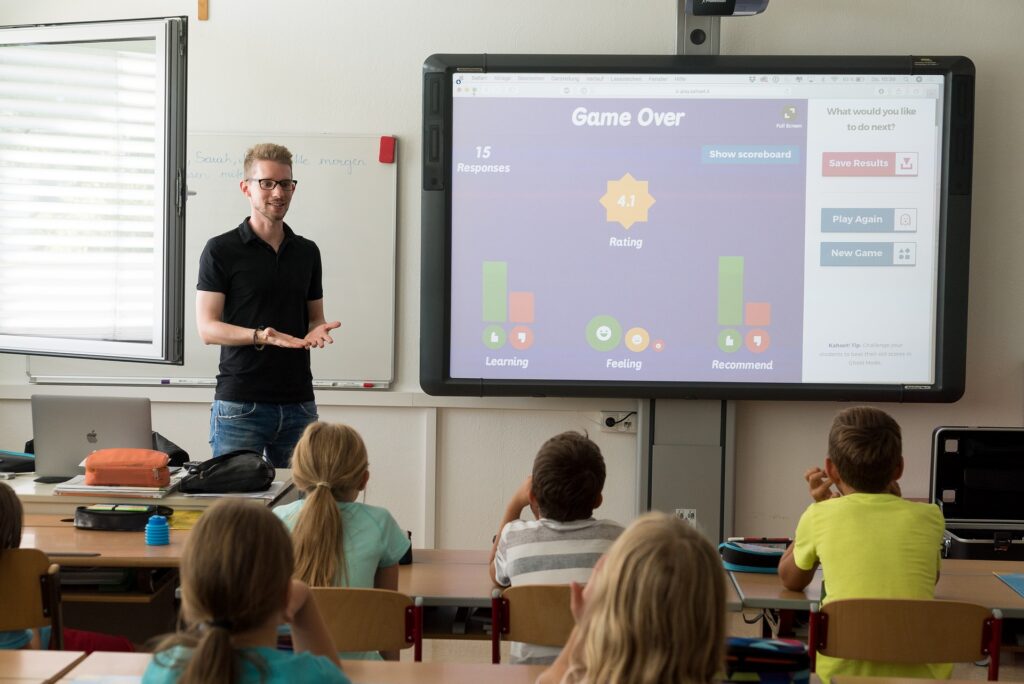
Smart classes have arrived in number of schools and colleges but with 5G, the students may experience pro-level teaching methods for disseminate concepts by the help of smart screens. The topics which are complex to explain in words could be played as pictorial videos, and that demands an uninterrupted high-speed internet facility.
This also lessens the workload on teachers’ job, to easily inject the concepts into student’s mind, giving them time and energy to focus and assess on students individually.
5G indeed settles the buffers or slow network that’s usually experienced in online classes by fetching clean no-buffering video classes.
Personalized Learning
Education generally follows a one-size-fits-all approach that many say could hinder growth. 5G has the capability to change that! It will improve personalization by creating intelligent systems to understand the unique needs of each student and create targeted learning journeys.
For example, virtual teaching assistants could allow cohorts to access different sets of lessons and assessments depending upon the profile and preferences of learners. This has implications for skilling and upskilling as well as technical and vocational education and training (TVET).
Walled-Off Classroom & Distributed Cloud Data
5G in particular could reach through all regions, that was earlier inaccessible for high-speed internet, pulling off the capability to download and learn certain academic works in no time. Think of doing academic homework demanding internet, in your grandma’s house where there’s not any Wi-Fi connection. But, 5G could make it possible, in your handset itself.
When certain things have to done within a limited time constraint in the internet, the value of speedy internet is profound. Remember the time, when students struggled to upload the answer-paper within 10 minutes using the mobile internet? It happened for me during the pandemic, when I was pushed to upload my college exam-paper in limited time with a bad internet.
5G renders the ability to store every academic-related information in the cloud and retrieve the data whenever needed for students. This would ease the system of teaching, and also lets students to access the data via distributed sharing of the cloud.
AI-based Student’s Analysis

Students have been assessed so far using only the ‘marks’ or ‘grades’ on the subjects ever since the start of the educational system and now it’s time to really think about the assessing methods. As there exists abundant of technology prevailing, education should leverage them, by creating an AI-based student’s analysis. Means, students would be analyzed based on their mind-power, critical thinking, creativeness, problem solving skills, memory-power, and more.
If students are given a much deep understanding of how their mind works, their strengths and weaknesses, and also the ways on how to build their weak-points, it will happen to be a healthy education. This also allows the students to know more about themselves. And 5G might be a tool to let happen this.
Related posts
Called ‘Artificial Intelligence based Student Learning Evaluation’ tool (AISLE), the analysis could provide an assessment of a student’s present knowledge and helps identify the knowledge areas that the student may not have covered. This helps the students analyze the progress made in the learning process and identify the areas where more learning may be required.
AR / VR – For Immersive Learning
Providing an immersive learning for the wards via augmented reality and virtual reality would be the prime area where 5G is exploited the most.
Augmented Reality (AR)
Augmented Reality (AR) has created wonders in driving and geological stuffs and it’s now on education to show its relevance and usefulness in the field. AR adds digital elements to the live view and it can be an efficient way of providing the right amount of information at the right time to the right audience.
Augmented Reality will allow students to think differently, more informatively as the tech could provide details of a thing or object they see instantly, making it easier to learn academic stuffs in real life, apart from books. For example, you are going for an Industrial visit wearing an AR glass, and all the things you see could be correlated from the texts you read in the academic books. This will broaden the mind on how the concepts work in the real world.
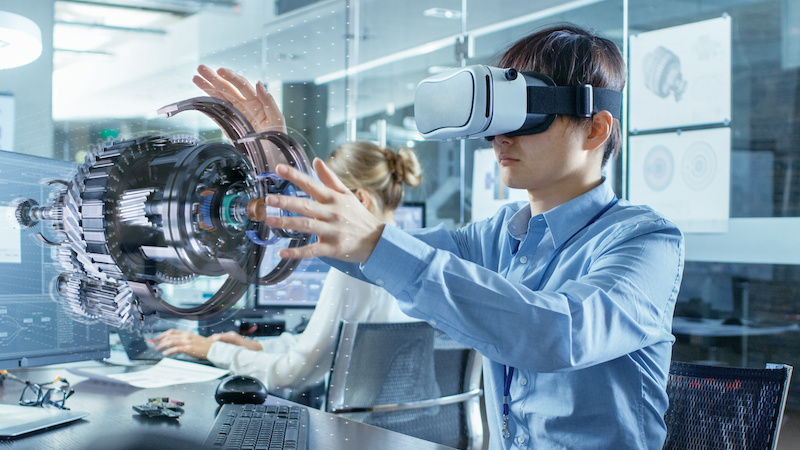
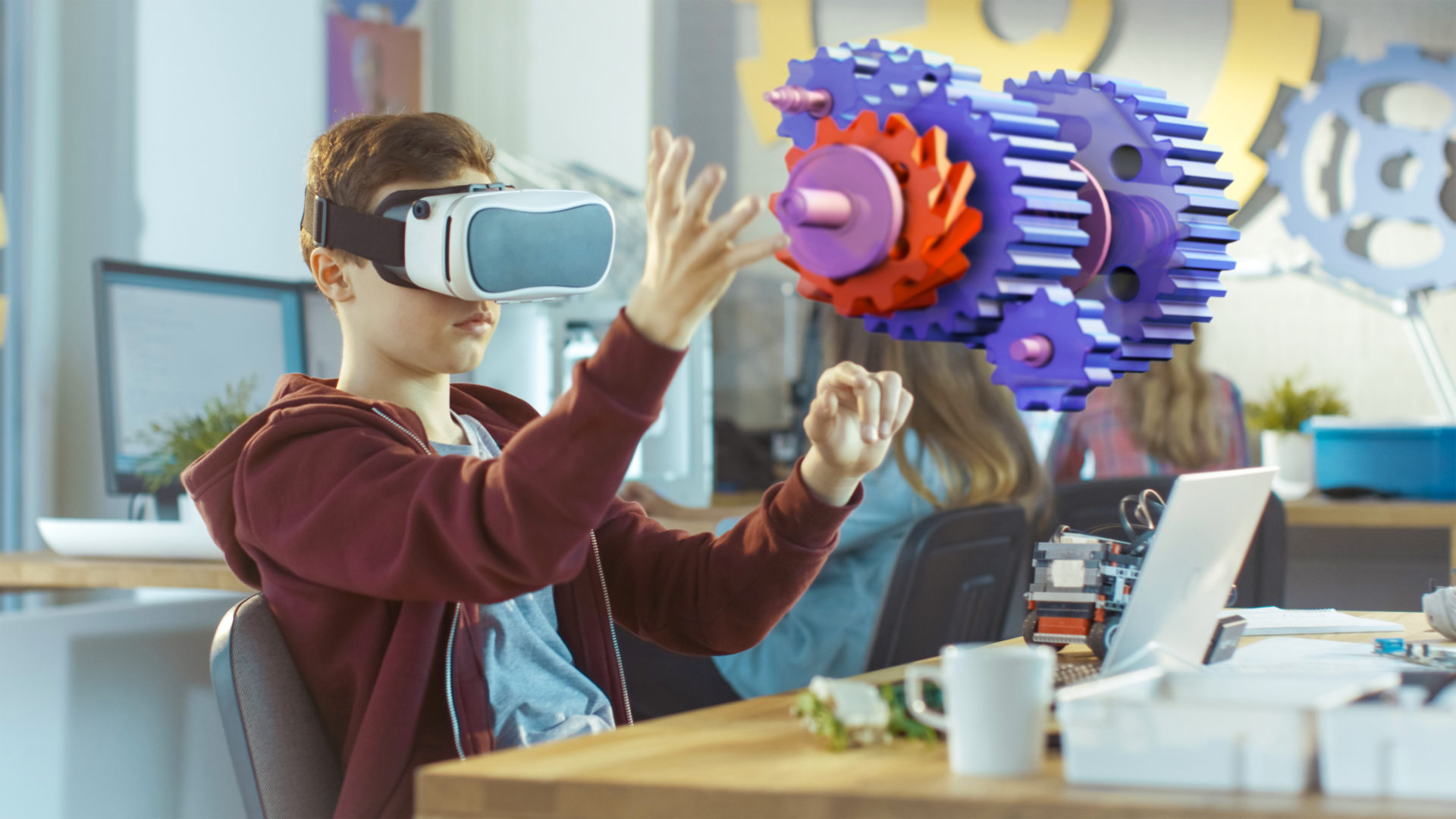
Virtual Reality (VR)
Virtual Reality (VR) takes a deeper dig and more efficient in the way that will make you interact with how machines / mechanisms work letting you to see them working in the virtual world. Imagine you read how engines work, gears accompanying them and brakes and clutch, and as a whole. You might have doubts as you’re not physically in-hands with the engines.
However, VR will proffer that opportunity getting hands-on experience with the stuffs you study and learn. VR is a great feat of education, where the concepts would be much simpler and effective to understand.
Time may take to impart all these technological innovations in the education sector throughout. If done, however, might be the revolutionary feat in student’s life.
Wouldn’t that be cool to experience inside of a nuclear-reactor realistically in VR, when it’s never possible in reality?
Comment down the examples related to 5G on education that pop out of your mind..
